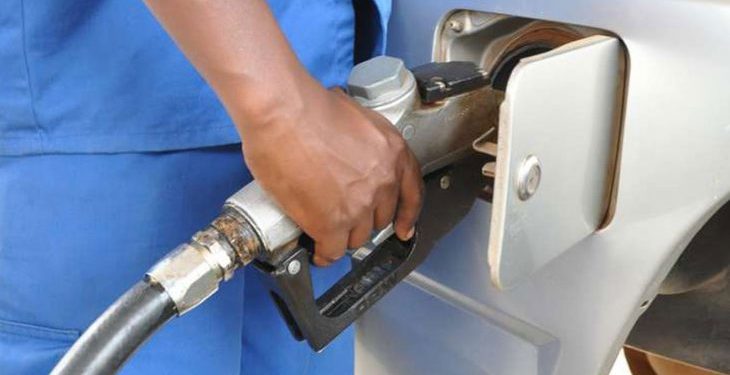President William Ruto has announced plans to end the fuel subsidy program which has seen the government spend over Ksh144 billion in the past year to stabilise fuel prices including Ksh60billion in the last four months alone.
Ruto termed it unsustainable, a move which left many Kenyans in a state of anxiety. He also added that it had increased the National Treasury’s burden and caused an artificial shortage of commodities. In his inaugural speech, Ruto stated that if the fuel subsidy program was to continue, Kenya would need to spend Ksh200 billion in the following fiscal year.
According to Ruto, if the subsidy lasts through the end of the fiscal year, taxpayers will be on the hook for Ksh280 billion, which is the same as the entire national government’s development budget. In an effort to lower the price of fuel by about 13 percent, his predecessor Uhuru Kenyatta started the fuel subsidy program. However, Ruto now claims that it is no longer viable.
Pump prices may soon rise above Ksh200 per litre if the fuel cost stabilization policy is removed.
Read: Fuel Prices Set To Rise AS KPC Seeks To Hike Tariffs By 36PC
Kenya has spent an average of Ksh9 billion on diesel, super petrol, and kerosene subsidies since April of last year, costs that increased to an average of Ksh12 billion in only the previous four months, highlighting the intervention’s negative effects on the nation’s revenue. The concern is also a result of a statement by Kenya Pipeline Corporation (KPC) warning of a potential price increase as a result of the exchequer’s failure to transfer money owed to oil marketers.
“The interventions in place have not borne any fruit. On fuel subsidy alone, the taxpayers have spent a total of Ksh144 billion, a whooping Ksh 60 billion in the last 4 months. If the subsidy continues to the end of the financial year, it will cost the taxpayer Ksh280 billion, equivalent to the entire national government development budget,” Dr Ruto said.
Read: Why There Is Fuel Shortage In Kenya
Kenyans are now left to wait to see the direction fuel prices will take with the monthly fuel review by the Energy and Petroleum Regulatory Authority (EPRA) expected today for the time period ending October 14. Without the subsidies, drivers would have had to pay historic highs for super gasoline and diesel for the current monthly pricing cycle, respectively, of Ksh214.03 and Ksh206.17 per litre.
While he made it clear that the next administration will cut high food inflation by subsidizing the cost of agricultural inputs, he made no mention of how he would lower the price of fuel, which is largely influenced by global factors. Ruto promised to review a number of taxes that make up about half of the price of gasoline before winning the hotly contested presidential election on August 9 as part of his strategy to reduce the cost of fuel.
The new administration’s strategy for ending subsidies is consistent with pledges made to the International Monetary Fund (IMF) by former President Uhuru Kenyatta’s administration to do so by the end of October.
Email your news TIPS to editor@thesharpdaily.com
















